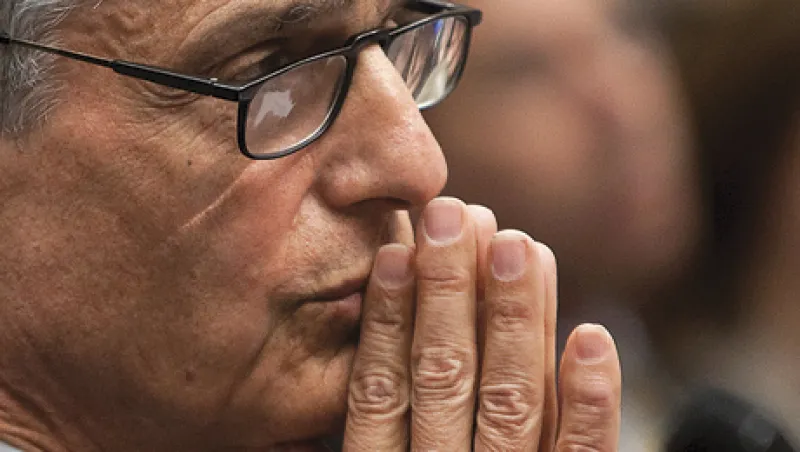
"Prepare for the Worst" Says Ex-Treasury Sec Robert Rubin
Former Treasury Secretary Robert Rubin, says that it's "absolutely prudent that we prepare for the worst," and that he’s more worried by today's fiscal environment than by any other in his lifetime.
Ben Baris
April 14, 2012


